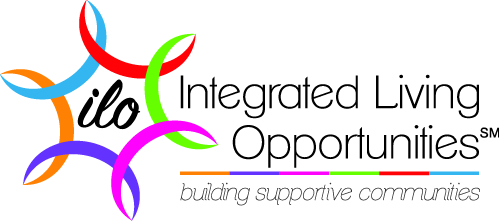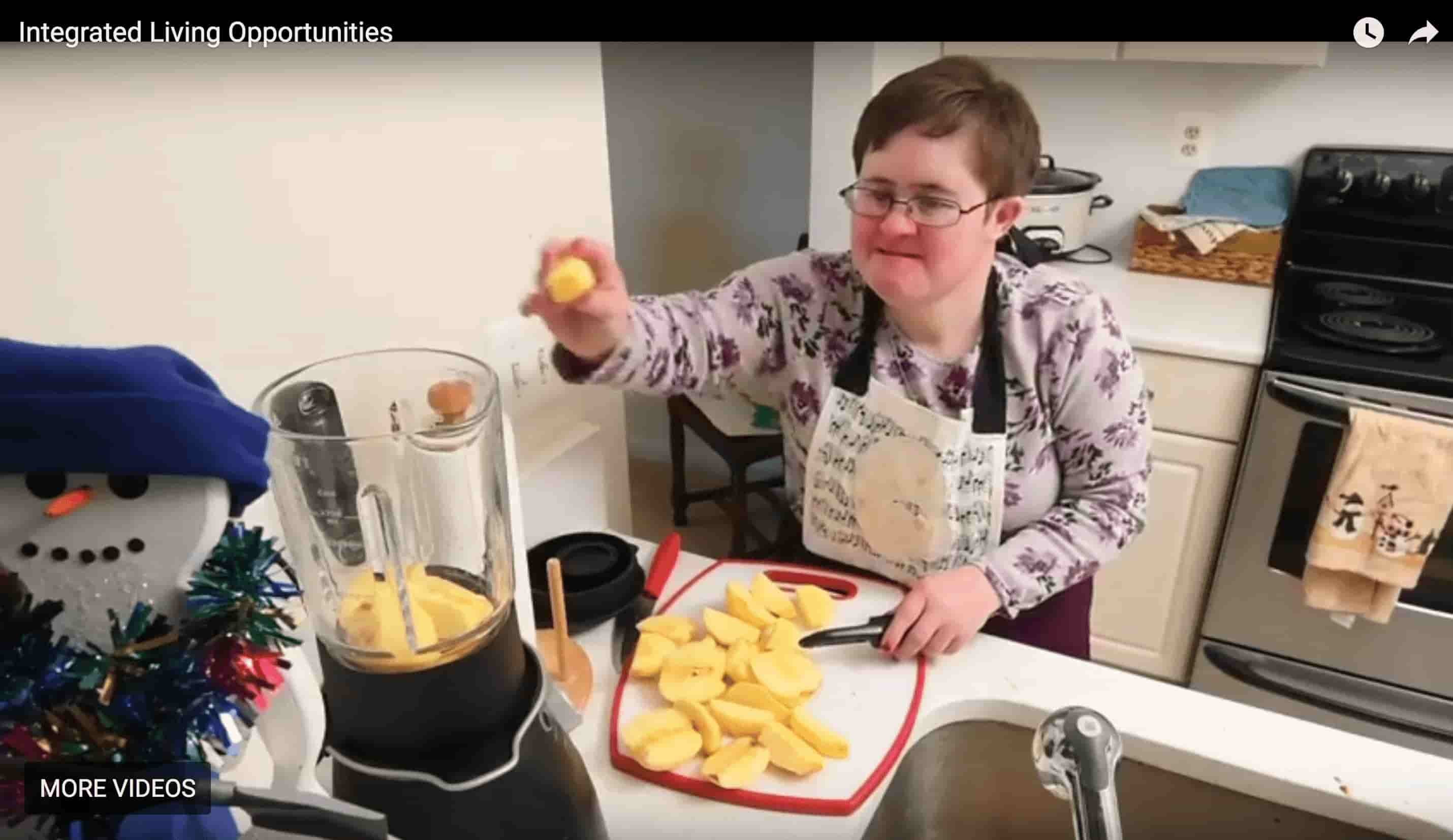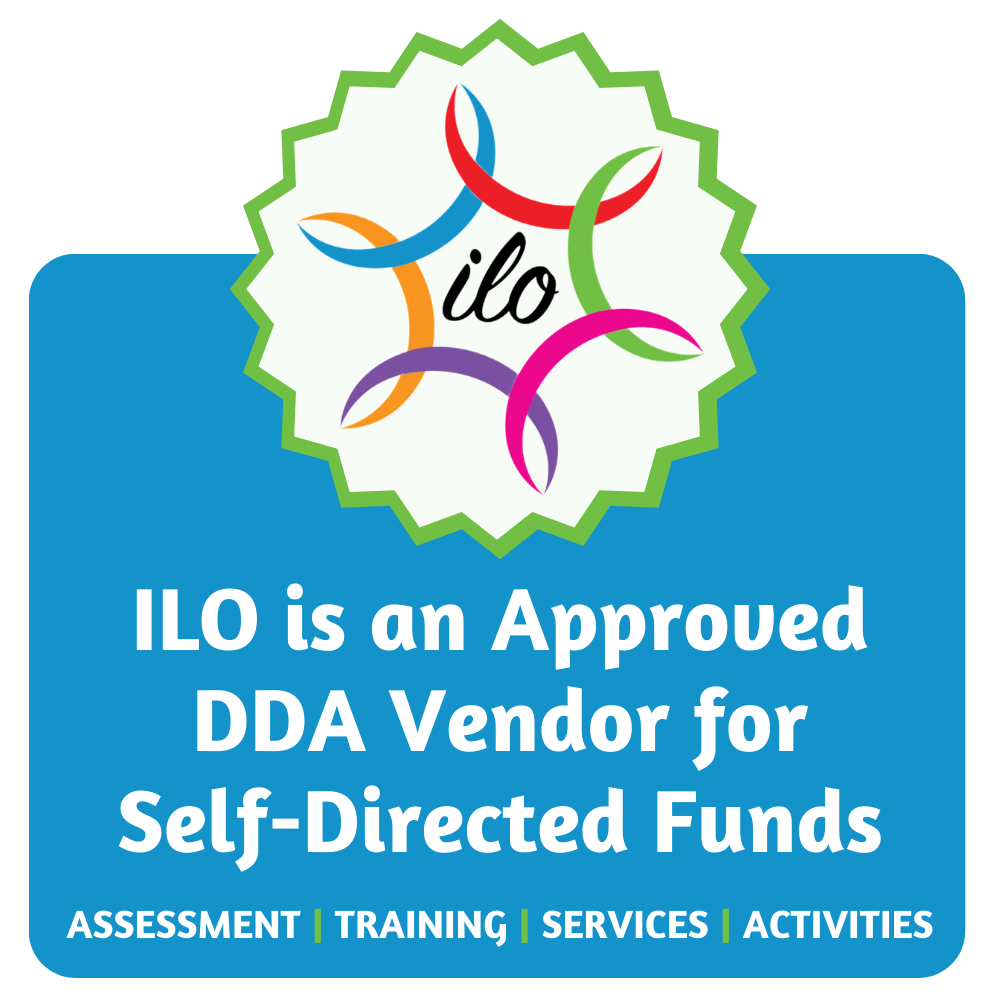Transitioning
Transition Assessment Toolkit
This Transition Assessment Toolkit was developed to support educators in providing transition services based on age-appropriate transition assessment data. Written by Division of Special Education, Office of the State Superintendent of Education (OSSE), Government of the District of Columbia. February 2012.
Autism Speaks: Transition Toolkit
A transition document specifically for individual with autism.
Transition Coalition
Providing online information, support, and professional development on topics related to the transition from school to adult life for youth with disabilities.
Youth on the Move
Youth on the Move offers information on this crucial transition from high school to the adult world. Learn how to plan comprehensively, support young people with disabilities to become more independent, and help them use their interests and skills to guide their job search. There is also a Transition Timeline to show professionals exactly what steps are essential between the ages of 14 and 18.
The National Collaborative on Workforce & Disability for Youth (NCWD/Youth)
The National Collaborative on Workforce & Disability for Youth (NCWD/Youth) works to ensure that transition age youth are provided full access to high quality services in integrated settings to gain education, employment, and independent living. NCWD/Youth is supported by a grant from the U.S. Department of Labor’s Office of Disability Employment Policy (ODEP) and housed at the Institute for Educational Leadership (IEL) in Washington, D.C.
Maryland Transitioning Youth
Maryland Transitioning Youth Website for families and youth with disabilities. Here you will find information and resources for transition planning, post-secondary education, employment services and much more.
DC Transitioning.org
Information for transitioning Youths for residents of Washington DC.
Securing a Future for Your Child with a Disability: A Parent’s Guide to Adult Services in Fairfax County, Arlington County, and City of Alexandria. Written by Stephanie Sampson in 2012, this document gives a checklist for parents, a transitioning roadmap, and much more information in order to be aware of what is necessary to secure a good future for a child with special needs. This is written for Virginia parents and is an excellent special needs resource guide.
The Transition Book: Your Guide to Planning Life After School (Arlington County)
This Transition Book has been designed to provide the student, teacher or parent with up-to-date information about the choices, requirements and the transition process from high school into the adult world for the student with a disability. It is written specifically for Arlington County Virginia.
Transition Tool Kit for Parents (Fairfax County)
A tool to help parents of Fairfax County Virginia to understand the transition process. Excellent information on transitioning and an excellent special needs resource guide.
Montgomery College, Challenge Classes and Graduate Transition Program
The Rockville Campus is the site of Challenge classes (fall, spring, summer) and the GTP program (fall and spring semesters).The challenge courses help adults with developmental disabilities function more independently in the home, at work, and in the community. Of equal importance, students have the opportunity to increase their social and community awareness by visiting Montgomery College and learning what it has to offer. Montgomery College’s Graduate Transition program is a custom-tailored program for developmentally disabled students. The program helps students transition to greater independent living through developmentally appropriate educational employment training and life-skill services. Student take classes in the morning and work in the afternoon.
Mason LIFE Program at George Mason University
The Mason LIFE Program is an innovative post-secondary program for young adults with intellectual and developmental disabilities who desire a university experience in a supportive academic environment. The Mason LIFE Program presents our George Mason students opportunities such as: instructor, resident advisor, internship, practicum, licensure, independent study, field work, mentor, Best Buddy, and volunteer to gain important experiences and knowledge to work successfully with students with intellectual and developmental disabilities. Please e-mail Heidi J. Graff, hgraff@gmu.edu for any further questions.
MCTransitions
Montgomery County Transitioning Adults is a grassroots discussion and e-group for families of adults with mild to significant disabilities as they transition from school age entitlements in Maryland to a young adulthood and beyond. Members include adults with the disability, their families and interested professionals working in pre-and post-transitioning services. Purpose is to share information, provide support and work to improve services and outcomes for adults with disabilities in Maryland. The MCTrans E-group is a source of information in addition to the website and periodic meetings. Please contact Reda Sheinberg (reda.sheinberg@mctransitions.org) for further information.
In September of 2012, Montgomery County Government launched Project SEARCH-Montgomery in partnership with SEEC, The Ivymount School, The Maryland Developmental Disabilities Administration, and the Maryland Department of Rehabilitative Services. The program was initiated by County Executive, Isiah Leggett after visiting the Project SEARCH-NIH program in 2011. Project Search Smithsonian also launched in 2013.
Twelve young adults recently graduated from the first year of Project SEARCH-Montgomery. Today, more than half are employed by the county. In the fall of 2013 an additional 12 interns began this 30-week transition-to-work program combining job and community readiness education with a rotation through three 10-week unpaid internships. The program is based across multiple government departments and facilities providing real workplace experiences to enhance the acquisition of marketable work skills and the development of robust resumes. In addition, interns benefit from classroom instruction at the work site to learn and practice fundamental skills to meet workplace expectations. Contact Karen Hochberg atKaren.Hochberg@montgomerycountymd.gov, Steve Blanks at sblanks@seeconline.org or Lu Merrick atlmerrick@ivymount.org for more information.
D.C. Summer Youth Employment Program
The Mayor Marion S. Barry Summer Youth Employment Program (SYEP) is a locally funded initiative sponsored by the Department of Employment Services (DOES) that provides District youth ages 14 to 21 with enriching and constructive summer work experiences through subsidized placements in the private and government sectors.Through SYEP, we strive to provide young people with the opportunity to: earn money and gain meaningful work experience; learn and develop the skills, attitudes, and commitment necessary to succeed in today’s world of work, gain exposure to various exciting career industries, and interact with dynamic working professionals in a positive work environment.
Though SYEP is a short-term employment and training program, our goal is to introduce our youth to employers who will positively impact their futures. Employers in the Washington, DC metropolitan area make this annual program possible by volunteering to serve as Host Employers and providing structured job opportunities for youth during the summer.
Volunteering under the Summer Youth Volunteer Program at the Veterans Administration
Volunteers must be at least 18 years old and must pass a background check and a health screening that includes a TB test (both are provided by the VA at no cost). The majority of Volunteer opportunities are Monday-Friday during the hours of 8:00 am – 4:00 pm. Evening and weekend opportunities are possible, but very limited. Volunteer interviews are held on Monday or Tuesday mornings and must be scheduled in advance by calling 202-745-8320. If accepted, Volunteers then attend Volunteer Orientation starting at 8:30 am the Thursday of the same week of the interview. **You must be able to attend both the interview and Orientation within the same week. **While Volunteering is a way to keep and learn new professional skills, its purpose is to serve America’s Veterans and should not be considered an avenue to employment at the DCVAMC.
It's True - ALL of ILO's Fees Can be Paid Using Self-Directed Funds
Transition to Independent Living the ILO Way!
Your loved one can join ILO and be part of a Community POD where they have social connections through vibrant activities and support from ILO staff in building peer-to-peer relationships and helping them grow their independent living skills.
All ILO Fees can be paid with one’s self-directed budget. Learn more HERE.


